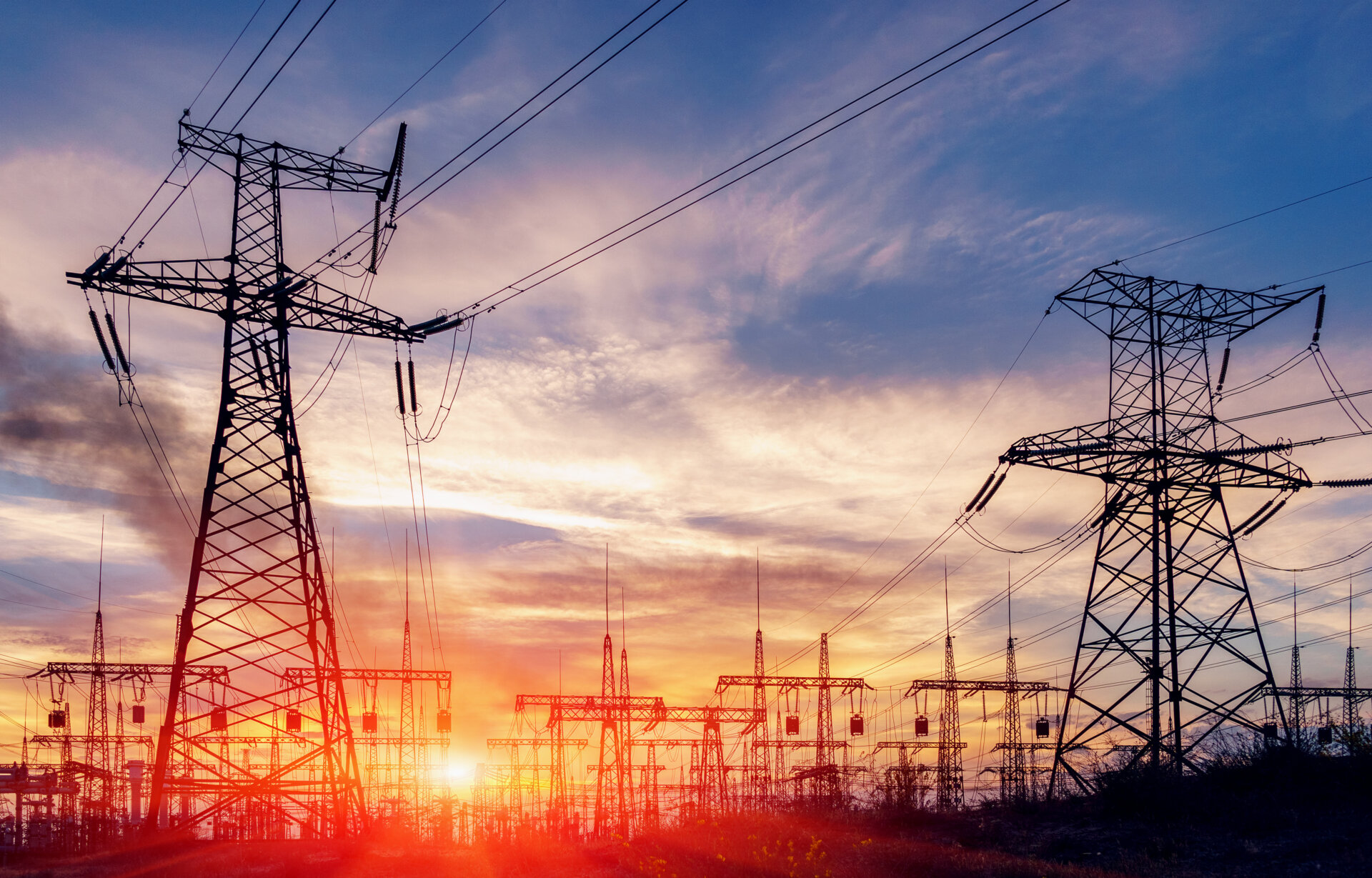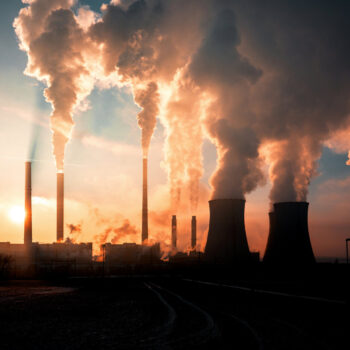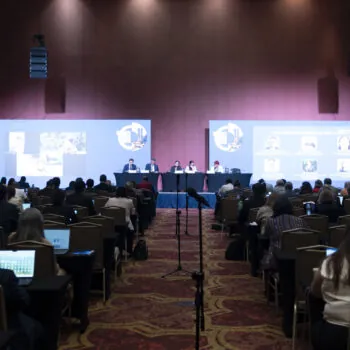- E3G’s G7 Power Systems Scorecard shares critical insights into the G7 countries’ efforts to deliver on their commitment to a decarbonised power sector by 2035.
- The G7 nations are making progress towards decarbonising their power sectors. However, while significant steps have been taken by all G7 nations except Japan, major delivery risks remain, in particular as a result of gas dependencies.
- The research highlights opportunities for enhanced G7 cooperation to address these challenges effectively. By doing so, they can mitigate risks, support less wealthy nations, and solidify their leadership in the global effort to decarbonise the power sector.
Story
All G7 countries, except for Japan, are either on track to phase out coal by 2030 at the latest or have taken major steps towards doing so in the case of Germany and the US. However, as E3G’s G7 Power Systems Scorecard reveals, a significant gap exists in clear policies or targets for phasing out unabated gas in line with net-zero power commitments. The reliance on gas-fired power generation in current and future power systems is concerning, as it assumes higher reliance on commercially unavailable technologies (CCS + “H2 ready gas power”) and can hinder the development and support of non-thermal flexibility technologies. These technologies require more robust support to ensure a sustainable and resilient power grid.
Grid modernisation and expansion is a priority in policy-making of G7 nations, but actual deployment needs to accelerate to prevent grids from becoming bottlenecks rather than enablers of faster renewable electricity use and storage deployment. The swift development of grid infrastructure is crucial to accommodate the increasing integration of renewable energy sources and to support the transition to a decarbonised power sector.
Though a priority in public statements and strategy documents, the deployment pipeline for renewable electricity projects is below what’s needed to be on track for net-zero power systems by 2035 in most G7 countries, including those with other low-carbon generation in the mix (e.g. nuclear in the US and Japan). In addition to faster grids deployment, market mechanisms to facilitate renewable electricity and storage uptake, efficiency measures and higher electrification rates (buildings and transport in particular) must be put in place.
The Scorecard highlights a significant risk to the G7’s international leadership on power systems decarbonisation due to their inadequate financial support for emerging markets and developing economies. Additionally, the continued overreliance on gas poses a credibility risk to these nations’ global image as transition leaders and to their global climate commitments.
Country-specific insights:
- France tops the ranking due to its clean power mix and robust policies promoting system flexibility, energy efficiency, and net-zero power delivery. However, the focus on its aging nuclear fleet and permitting delays are significant obstacles to renewable deployment.
- Canada, Germany, and the UK follow closely, attributed to comprehensive policies, significant progress, and international leadership. Each country has areas needing improvement, particularly in renewable energy share and gas dependency.
- The United States and Italy score lower due to high fossil fuel reliance and insufficient policies. The US, despite incentives from the Inflation Reduction Act, lacks plans for cohesive grid modernisation and market mechanisms for a faster renewables ramp-up. Italy’s heavy dependence on fossil fuels and lack of strategic actions for storage and flexibility are major concerns.
- Japan lags well behind all of its peers, with no phase-out plans for coal or gas and modest renewable energy targets. Its energy transition strategy diverges markedly from other G7 countries, focusing on fossil-based technologies that risk hindering both domestic and regional decarbonisation efforts.
Quotes
Maria Pastukhova, Programme Lead, E3G said:
“The G7 countries have shown global leadership when they committed to reaching a net-zero power sector by 2035, a target all OECD countries must achieve if the world is to keep 1.5 degrees within reach. However, the Scorecard clearly shows that despite adopting some commendable policy frameworks and incentives to shape progress in the mid-term, no G7 country has a reliable and economically sound roadmap to reach this target. Their long-term visions end in reliance on backup gas power while avoiding dealing with the much-needed structural transformation of the power systems, where issues such as long-term storage, deep efficiency improvements, flexibility and digitalisation must have priority.”
Yoko Mulholland, Senior Associate, E3G said:
“This scorecard shows how Japan is clearly the outlier within the G7, with still no concrete phase out date on unabated coal and gas and lagging on renewables deployment. This invites serious questions about whether it plans to honour the G7 commitment to fully or predominantly decarbonise its power sector by 2035. However, Japan has a timely opportunity to improve course by delivering meaningful policy changes in its to-be-updated Strategic Energy Plan this year.”
Pieter de Pous, Programme Lead, E3G, said:
“After a decade of sluggish growth in wind and solar, Germany’s energy transition has picked up speed again the last few years, a result of new government policies and in response to Russia’s weaponizing of fossil energy supplies. German leadership is however undermined by its insistence in global energy diplomacy to continue investing in new upstream gas developments, despite planning for a long-term structural drop in gas demand at home.”
Clarence Edwards, Executive Director, E3G Washington DC said:
“The US has laid out the important foundations for an economy-wide energy transition over the coming decade. The next years will be about implementation and – most important of all – permitting reform.”
Susanna Elks, Senior Policy Advisor, E3G said:
“Though the UK has made some progress towards building a clean electricity system, the UK can, and should, go further faster. The main issue is the continued reliance on expensive gas power stations and the push to potentially build more. If the UK Government is going to lower electricity bills, shield the UK from volatile international prices, and maintain a safe climate for all, then it needs to focus on getting off gas, accelerating the deployment of alternatives like storage, flexible demand and hydrogen power stations.”
Francesca Andreolli, Senior Researcher, Energy and Buildings, ECCO Climate (Italy) said:
“Italy’s power sector heavily relies on gas for over 40% of electricity generated and about 5% on coal. While there is a plan to phase out coal, a clear roadmap to reduce Italy’s reliance on gas needs to be defined. A safe and affordable decarbonization in the power sector depends on policy frameworks and investments in renewable energy, storage, grids and demand-side management. Italy aims to install 70 GW of additional renewable energy capacity, but its 2030 goal for renewables falls short of IEA recommendations. Challenges include permitting issues and delays in defining supporting schemes for renewables, batteries and other flexible technologies that are key to manage the variability of the system without the need of nuclear power.”
Scott MacDougall, Director, Electricity Program, Pembina Institute (Canada) said:
“Canada’s low-carbon electricity system is the backbone of its clean economic growth and an important calling card for global investors. To keep pace with global investment competition, Canada and the provinces need to scale up efforts to grow clean generation and grid capacity, modernize the existing electrical grid, limit unabated gas-fired power development, and electrify buildings and transportation while reducing overall energy demand.”
– ENDS –
Available for comment
Maria Pastukhova (EN, DE, JP, RU), E3G Programme Lead, (energy diplomacy, energy security, geopolitics of the energy transition)
m: +49 (0) 160 901 67735 | maria.pastukhova@e3g.org
Yoko Mullholland (EN, JP), E3G Senior Associate, (Japan, Coal to Clean)
m: +81 70 9047 6494 | yoko.mulholland@e3g.org
Susanna Elks (EN), E3G Senior Policy Advisor, (UK clean energy and power)
m: +44 7577 110 942 | susanna.elks@e3g.org
Pieter de Pous (EN, NL, DE), E3G Programme Lead, (Germany, Coal to Clean)
m: +49 160 6573414 | pieter.depous@e3g.org
Francesca Andreolli (EN, IT), ECCO Senior Researcher, (Italy, clean energy and power)
francesca.andreolli@eccoclimate.org
Clarence Edwards (EN), E3G Executive Director, Washington DC, (US energy transition, energy security)
clarence.edwards@e3g.org
Courtney Smith (EN), Pembina Institute Senior Communications Lead, (Canada, electricity)
m: +1 647-797-9353 | courtneys@pembina.org
Notes to Editors
- E3G is an independent climate change think tank with a global outlook. We work on the frontier of the climate landscape, tackling the barriers and advancing the solutions to a safe climate. Our goal is to translate climate politics, economics and policies into action. About – E3G
- For further enquiries email press@e3g.org or phone +44 (0)7783 787 863
- Register for our journalist WhatsApp briefing service to receive updates and analysis for key geopolitical and climate events over 2024 and 2025 on the road to COP29 and COP30: E3G WhatsApp registration for journalists – E3G.


